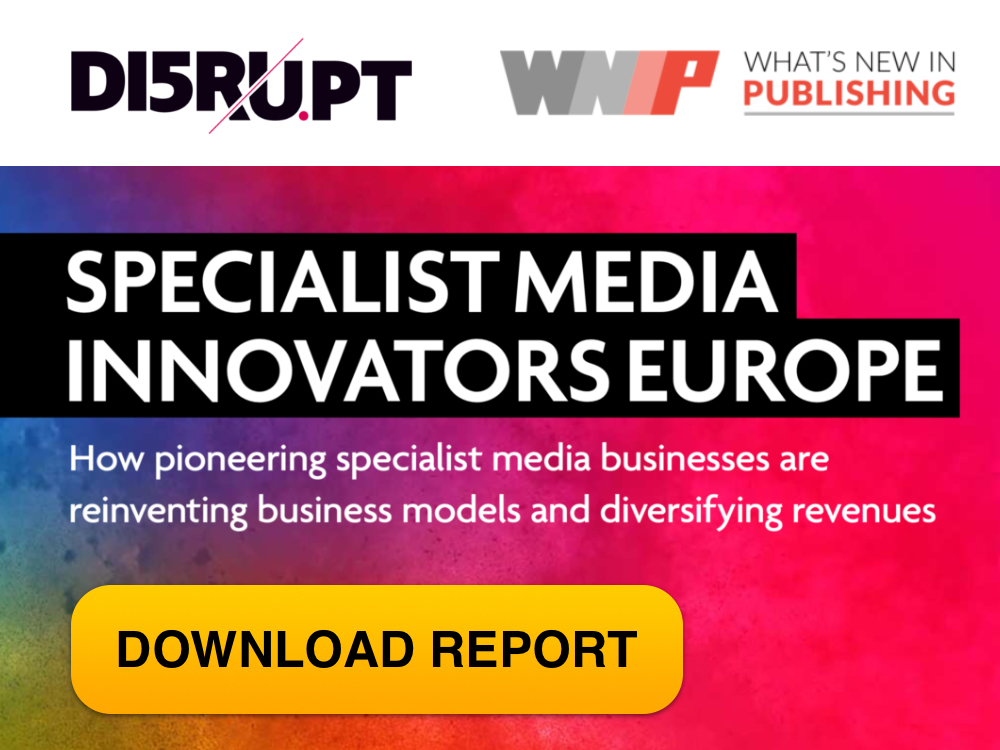|
Getting your Trinity Audio player ready...
|
Google’s latest announcement is yet another sign of the fast-changing times for digital advertising. With the tech giant choosing not to support cross-site tracking once third-party cookies fade out, the volume of available audience data is set to fall even further — and, for publishers, this decline in insight brings both opportunities and challenges.
On the positive side, publishers will have greater scope to harness first-party data as a basis for precise targeting to attract brand advertisers and generate revenue. Many, however, will also face the difficulty of determining how they can serve tailored ads when data access is denied.
There is growing evidence that users are becoming less willing to give consent. Studies, for instance, reveal only one-fifth of European consumers are ‘quite willing’ to share information, down from half globally in 2018 when the GDPR was first introduced. As a result, publishers must work harder to build the trust and loyalty that makes users want to opt-in and find other ways to monetize their inventory.
Fortunately, alternative options exist, and impressions can be effectively targeted without jeopardizing privacy. By looking beyond dominant industry players and harnessing independent solutions, publishers can still maximize yield, even after opt-opts.
A new ad direction: France takes the lead
Before its most recent privacy shift, Google had already blocked the delivery of ads for any non-consenting traffic. This decision effectively made Google a mass ad blocker, leaving large swathes of publishers unable to monetize much of their audiences, and hitting smaller-scale publishers – with their lower numbers of logged-in users – hardest. As consumer inclination to give consent declines, these issues have only intensified, especially for French publishers grappling with revised CNIL guidelines that bring tighter rules for requesting data access.
Some innovative publishers, however, have overcome these hurdles, including Régie 366. By swapping the limitations of dominant ad tech tools for independent third-party ad serving technology that doesn’t cut off non-consenting traffic, it has overturned the long-standing mantra that ad targeting requires personal data. Not only is the publishing group able to continue delivering direct and programmatic ads across sites in the absence of consent, but it has also obtained new assets to bolster its advertising appeal.
For instance, the capacity to facilitate targeting based on key performance indicators (KPIs), such as viewability or completion rate, means it has even more to offer marketers under rising pressure to optimise impact and returns. Combined with the freedom to utilise various methods of ensuring relevance for opted-out audiences — such as contextual ad targeting driven by semantic media analysis — this expanded toolkit allows Régie 366 to protect its long-term prospects and uphold an even balance between privacy and profitability.
This approach is so effective that it’s quickly gaining steam among other regional publishing organisations. For instance, the advertising sales house of the Le Monde Group, M Publicité, has acquired the same technology on behalf of the publisher, using an independent adserver to monetise direct campaigns. Focusing additionally on cross-media advertising and auto promotion, M Publicité, like Régie 366, targets users based on the context of the publication and page-level content, taking into account segments that do not use personal data – such as time of day, device, or mobile operating system.
Moreover, with Apple’s block on non-consented in-app tracking now in place following its iOS 14.5 update, this type of technology can enable publishers more broadly to continue the distribution of tailored ads on smartphones and tablets, as well as efficient automated trading, that are crucial to secure their bottom line.
For the overall publishing community, it’s clear attitudes need to evolve. While safeguarding user rights is vital for every member of the ecosystem, deeming non-consenting traffic unfit for ad targeting isn’t a sustainable approach. It also overlooks the vast opportunity wider solutions offer for publishers to provide the tailored experiences both brands and audiences want. By following in the footsteps of France’s pioneering publishers and extending models to include non-consented targeting, publishers can ensure compliance with data rules and regulations isn’t at the expense of ad revenue.
Romain Job
Chief Strategy Officer, Smart AdServer
Smart AdServer is the leading independent adtech platform built to serve the interests of both buyers and publishers. Smart’s fully transparent platform and shared-interest business approach enables brands and premium publishers to get their fair share of ad value at every opportunity, on their terms. Brands can achieve greater efficiency through their advertising spend, and publishers can act with certainty and have the control they need to provide the right blend of transaction models, channels, formats, and audience data to deliver true value path optimization to brands.



